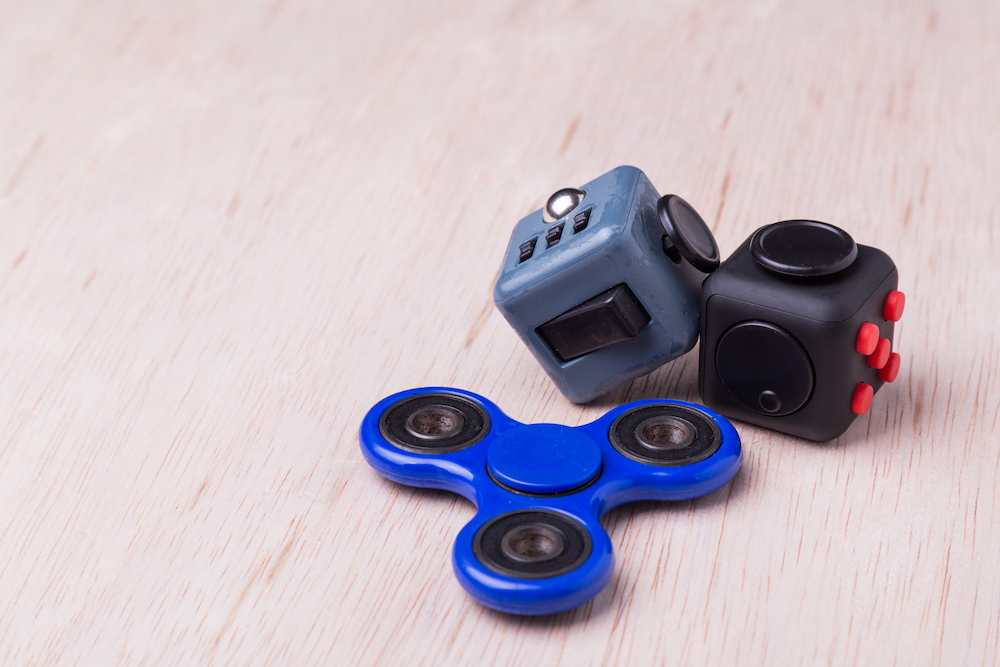
The Health Benefits Of Fidgeting
Posted on 08/31/2021
Fidgeting means many things to different people, but in general, it is characterized by making repetitive, small movements with the hands or feet. Although fidgeting may seem distracting or even annoying to some, for many people it provides a way to consciously or unconsciously channel restless energy, deal with boredom or even combat anxiety. The Geriatric Mental Health Foundation estimates that up to 10 to 20 percent of older adults deal with undiagnosed anxiety on a regular basis. New research suggests that intentional fidgeting may be a useful coping mechanism for anxiety and offer other health benefits as well.
Understanding Fidgeting
Although in some cases, fidgeting can be a sign of a health condition such as ADHD (Attention Deficit Hyperactivity Disorder), RLS (Restless Leg Disorder), new research indicates that fidgeting can offer many benefits for well-being. Examples of fidgeting include:
- Twirling hair with a finger.
- Toe tapping.
- Leg shaking.
- Persistently clicking a ball point pen.
- Repeatedly crossing and uncrossing arms.
- Blinking eyes.
- Shifting weight from side to side.
- Tapping fingernails.
On average, most people spend ten hours or more sitting each day. Too much sitting can cause a myriad of health issues, including vascular issues and increases in blood sugar or blood pressure. Research suggests that small amounts of lower body fidgeting can actually help to increase blood flow and help combat health issues related to frequent sitting.
Fidgeting can also help combat anxiety by serving as a diversion and giving the mind something else to focus on. Fidget toys, such as cubes or spinners, can provide exercise for arthritic hands. Additionally, the process of determining how to manipulate these devices can help keep the brain active which benefits memory and cognition.
Fidgeting Productively
Intentional fidgeting can offer several benefits. Here are some suggestions to help channel excess energy in a productive way:
- Wiggle your toes ten times.
- Invest in a set of foot pedals to use while watching TV, reading or sitting at a computer.
- Attach exercise bands to your chair and move your legs forward five times on each side.
- Tap each finger individually five times on your desk or table.
- Roll smooth stones or magnets back and forth on the top of your table or desk.
- Consider purchasing a fidget blanket.
- Knit or crochet.
- Shuffle a deck of cards.
- Click a pen.
- Distract your mind with puzzles or board games.
- Exercise your hands and brain with fidget toys, such as the following:
- Fidget spinners.
- Squishy stress balls.
- Velcro fasteners.
- Tangle toys.
- Fidget cubes with buttons.
- Button toys.
Staying Active
If you feel that your fidgeting is disturbing other people or disrupting your life, check with your doctor to rule out an underlying health condition. By being a bit more intentional, you may be able to channel your fidgeting to take advantage of its associated health benefits. At Plush Mills, we strive to create an environment that offers a healthy balance of physical activity and mental stimulation. Our community is dedicated to adjusting around residents as their desires and needs change. To learn more about our community, contact us today to schedule an in-person or virtual tour.